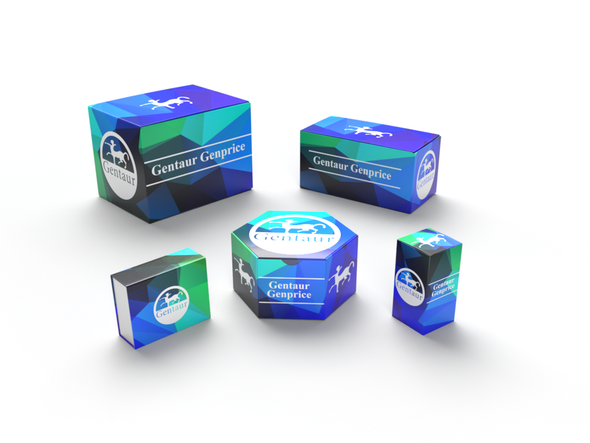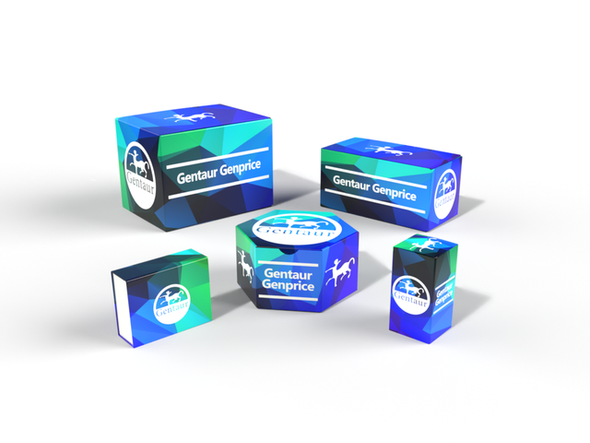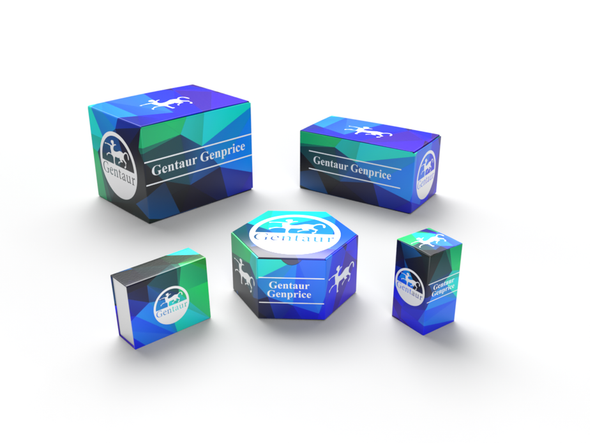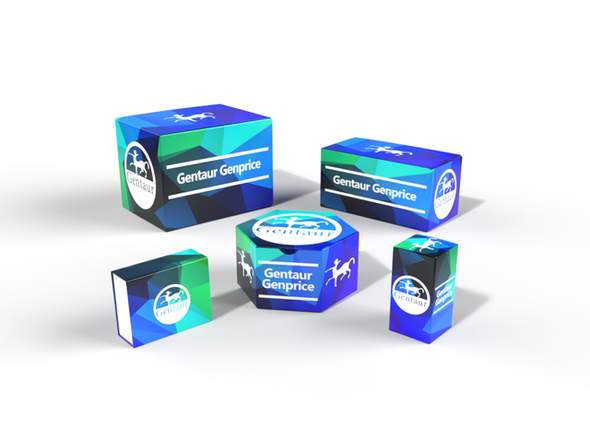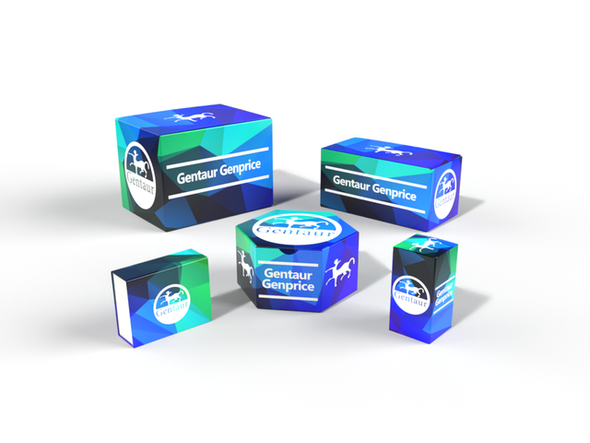740
Mouse Striatin-3 (STRN3) ELISA Kit | AE15739MO
- SKU:
- 740-AE15739MO
- Availability:
- Usually ships in 5 working days
Description
Mouse Striatin-3 (STRN3) ELISA Kit | AE15739MO | Gentaur UK, US & Europe Distribution
Species Reactivity: Mouse (Mus musculus)
Abbreviation: STRN3
Alternative Name: SG2NA; cell cycle S/G2 nuclear autoantigen|nuclear autoantigen
Application: ELISA
Range: Request Information
Sensitivity: Request Information
Intra-Assay: ≤4.3%
Inter-Assay: ≤10.2%
Recovery: 1
Sample Type: Serum, Plasma, Other biological fluids
Detection Method: Sandwich
Analysis Method : Quantitive
Test Principale: This assay employs a two-site sandwich ELISA to quantitate STRN3 in samples. An antibody specific for STRN3 has been pre-coated onto a microplate. Standards and samples are pipetted into the wells and anySTRN3 present is bound by the immobilized antibody. After removing any unbound substances, a biotin-conjugated antibody specific for STRN3 is added to the wells. After washing, Streptavidin conjugated Horseradish Peroxidase (HRP) is added to the wells. Following a wash to remove any unbound avidin-enzyme reagent, a substrate solution is added to the wells and color develops in proportion to the amount of STRN3 bound in the initial step. The color development is stopped and the intensity of the color is measured.
Product Overview: Anovel nuclear protein mainly expressed in S and G2 phase cells was characterized using autoantibodies from a cancer patient. cDNA clones were isolated by immunoscreening, and sequence analysis revealed that the cDNA clones encoded a 713-amino acid residue polypeptide which is provisionally named SG2NA. In the carboxyl terminal half of SG2NA, there are 6 copies of WD-40 motifs characteristic of a large family of proteins of which the prototype is beta-transducin/enhancer of split (TLE) . In addition, there are nuclear localization sequence and phosphorylation sites related to the TLE proteins. Autoantibodies occurring spontaneously in certain cancer patients have been useful reagents for identifying cellular proteins and this is the first report of a novel WD-40 protein which is the target of an autoimmune response.
Stability: The stability of ELISA kit is determined by the loss rate of activity. The loss rate of this kit is less than 5% within the expiration date under appropriate storage condition. The loss rate was determined by accelerated thermal degradation test. Keep the kit at 37°C for 4 and 7 days, and compare O.D.values of the kit kept at 37°C with that of at recommended temperature. (referring from China Biological Products Standard, which was calculated by the Arrhenius equation. For ELISA kit, 4 days storage at 37°C can be considered as 6 months at 2 - 8°C, which means 7 days at 37°C equaling 12 months at 2 - 8°C) .



